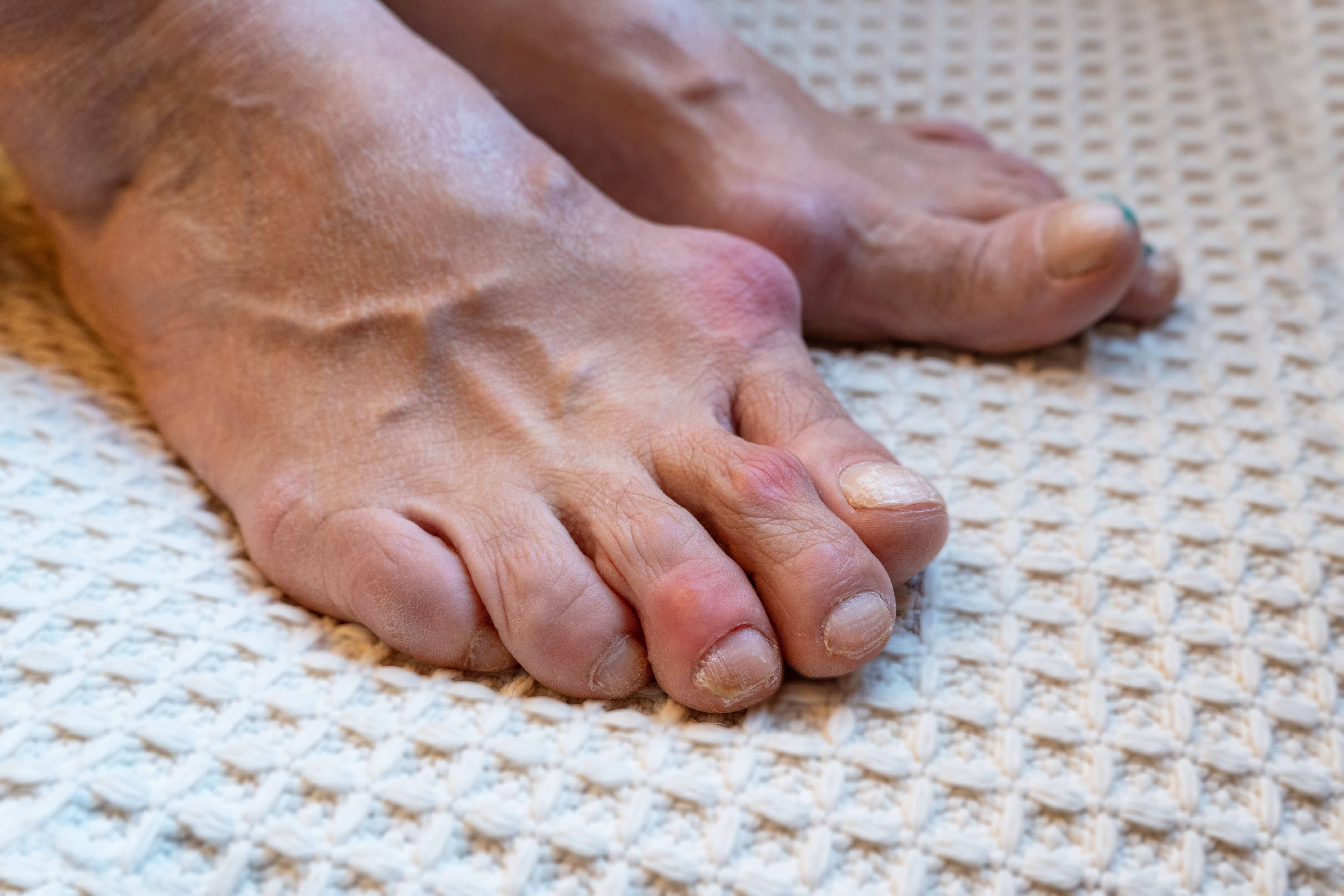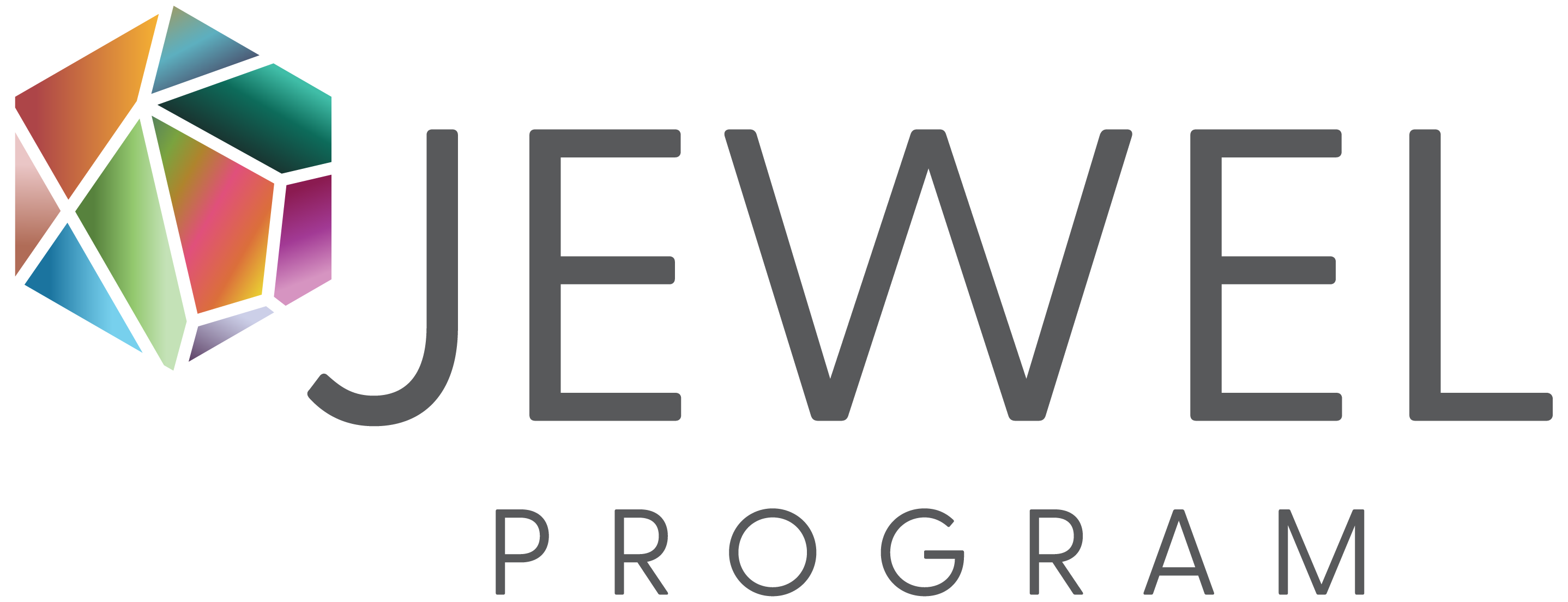Is gout impacting your daily life?
Learn more about the JEWEL Program, which may potentially help reduce uric acid levels in the blood and improve your gout symptoms.
See if you qualifyGout flares are not only painful, but also can be very frustrating. This is because many people with gout continue to have painful flares even though they are taking their medication as directed. The JEWEL Program is evaluating the effectiveness of the study drug, dotinurad, compared to other gout medicine in lowering serum uric acid (the waste product that builds up in the blood, leading to gout symptoms).
The JEWEL Program offers 2 studies for people with different forms of gout:
- The RUBY Study, for people with gout who have been taking the same dose of their usual gout medicine for at least 3 months.
- The TOPAZ Study (North America only), for people with tophaceous gout, a severe form of the disease that is chronic, and difficult to control. In addition, people with this form of gout develop “tophi,” lumps under the skin of the hands or feet resulting from uric acid crystal accumulation.
Dotinurad, the investigational drug for the RUBY and TOPAZ studies, is an oral medication taken once daily that has been studied in clinical trials in Japan and China in individuals with gout. The JEWEL Program will be conducted in North America and Europe.
For an overview of each study in the JEWEL program, clickhere.
Participants may receive:
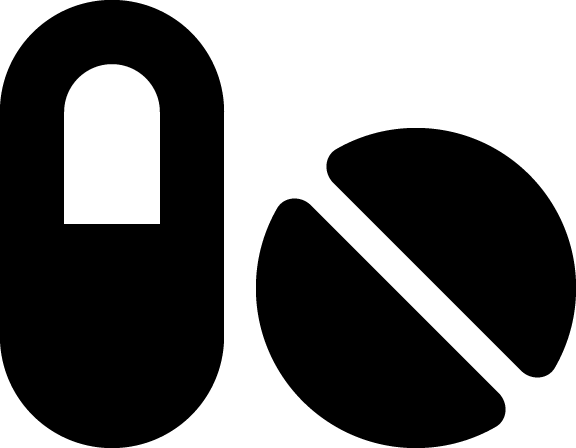
The study drug, dotinurad, or other study-supplied gout medicine.

Medication to prevent gout flares.
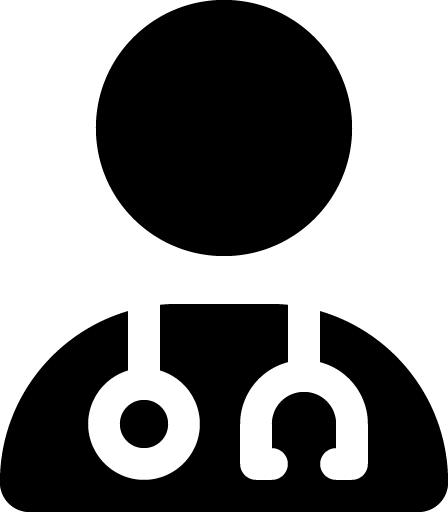
Monitoring by the study team throughout the study
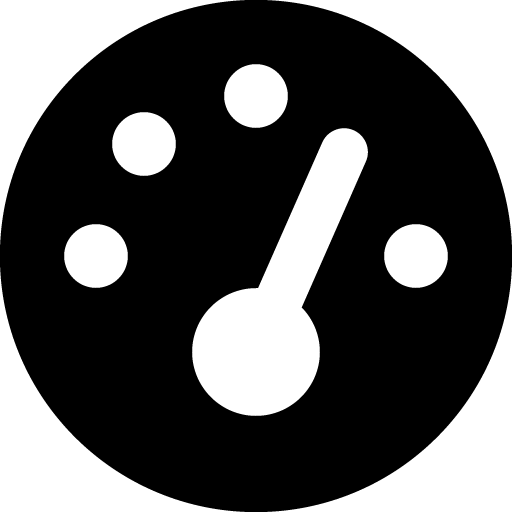
Reimbursement for reasonable study-related expenses (travel and meals)

You may be able to join the RUBY or TOPAZ Studies if you:
- Are from 18 to 75 years old (male or female)
- Have been diagnosed with gout for at least 1 year
- Have taken the same dose of your usual gout medicine for at least 3 months prior to entering this study
For the TOPAZ Study, participants must:
- Have one or more visible tophi on the hands/wrists or feet/ankles. Tophi are lumps of uric acid
You will need to meet other requirements to join the RUBY and TOPAZ Studies. Please contact us for details.
Each of the clinical studies in the JEWEL Program is different. The specific treatment plans, number of study visits, and tests and assessments a study participant will have varies, based on which clinical study they are involved in. Each study is divided into the following periods:
Screening Period: The study doctor will conduct a series of tests and assessments to confirm that a patient meets the specific criteria for joining the study. Eligible patients will then be enrolled in the study if they agree to take part and sign an Informed Consent Form.
Treatment Period: Depending on the study assignment, participants may receive either their usual gout medicine or dotinurad. The study doctor will explain the treatment plan in detail prior to the start of the study.
Follow-up Period: After completing the treatment period, study participants will continue to have a series of study visits, in person or remotely, where their condition will be watched closely.
Information About Each Study
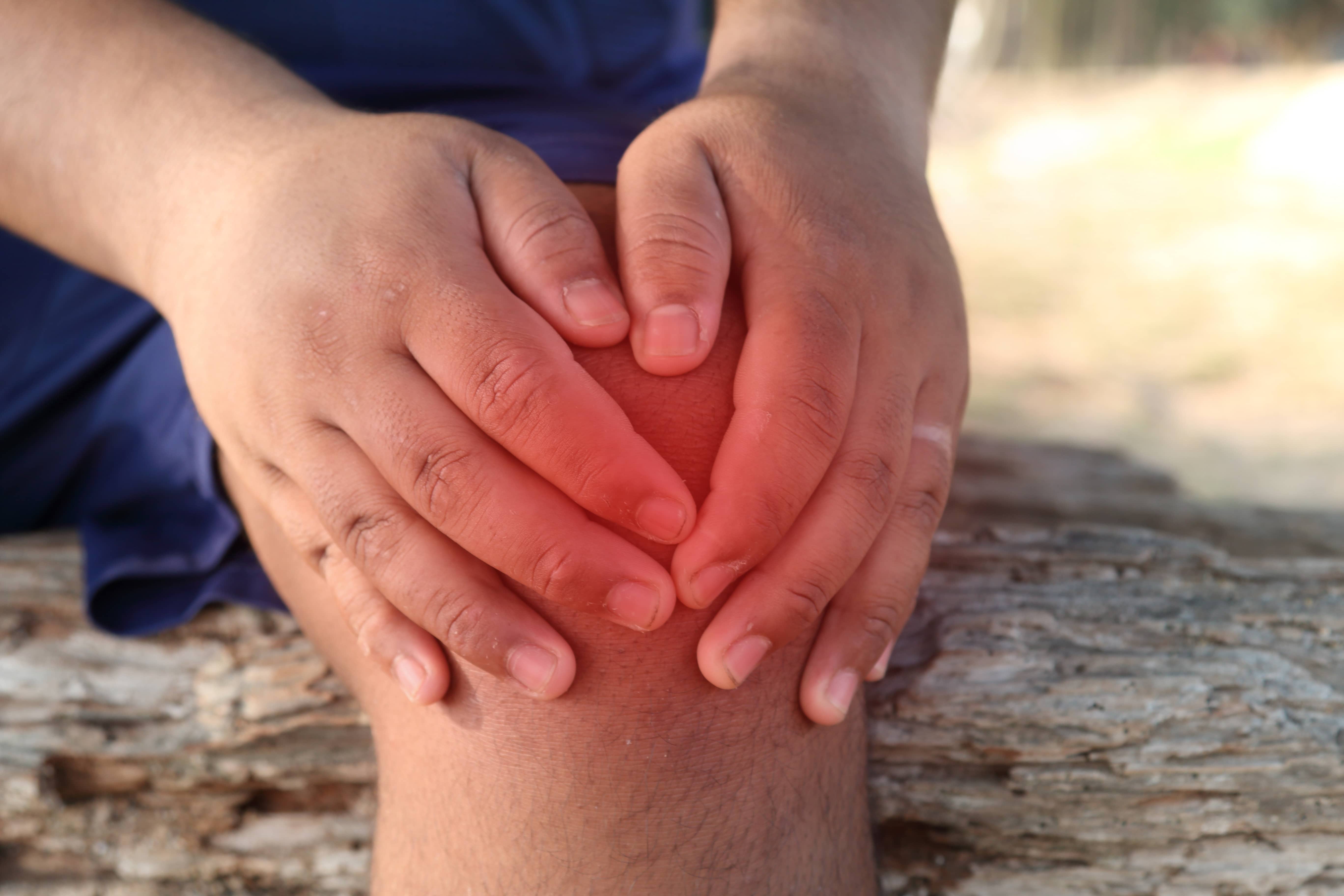
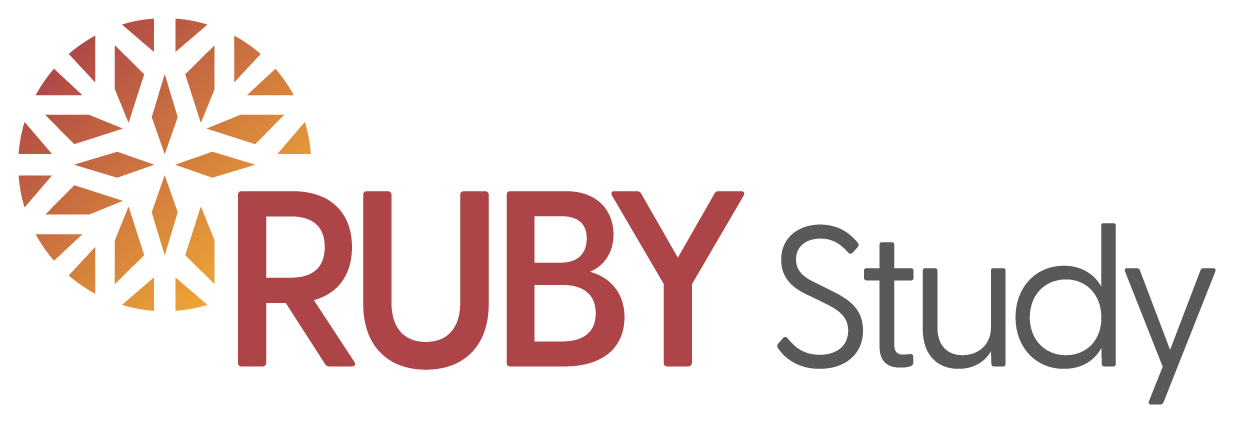
For Patients Diagnosed With Gout
RUBY Study participation involves:
Screening period (35 days): You will answer questions about your health and have tests and procedures to see if the study is right for you.
Treatment period (64 weeks): Eligible participants begin treatment and are assigned randomly (like picking a number from a hat) to 1 of 3 groups:
- Group 1: Daily standard-of-care gout medicine at the same dose each day through week 64
- Group 2: Daily dotinurad, starting at the lower dose (1 mg) through week 4 and then increasing to 2 mg maximum through week 64
- Group 3: Daily dotinurad, starting at 1 mg through week 4, increasing to 2 mg through week 12, and then taking 4 mg through week 64
There is a 3 out of 5 (60%) chance that you will be selected to take dotinurad and a 2 out of 5 (40%) chance that you will remain on your current treatment for gout. The study is double-blinded, which means neither you nor the study doctor will know which is your assigned group.
You will continue to take your medications (colchicine or nonsteroidal anti-inflammatory drug [NSAID]) to prevent gout flares.
Follow-up period (4 weeks): Participants are checked for the effectiveness of treatment and any side effects.
You will be asked to visit the study center 18 times and have 5 phone calls with the study center.

For Patients Diagnosed With Tophaceous Gout
TOPAZ Study participation involves:
Screening Period (35 days): You will answer questions about your health and have tests and procedures to see if the study is right for you.
Treatment period (76 weeks): Eligible participants begin treatment and are assigned randomly (as if by flipping a coin), to 1 of 2 groups:
- Group 1: Daily standard-of-care gout medicine at the same dose each day through week 76
- Group 2: Daily dotinurad, starting with 1 mg for the first 4 weeks, then dotinurad 2 mg for the next 8 weeks, and increasing to 4 mg after week 12 up until week 76
There is a 50% chance that you will be selected to take dotinurad and a 50% chance that you will remain on your standard treatment for gout. The study is double-blinded, which means neither you nor the study doctor will know which is your assigned group.
Follow-up period (4 weeks after last study dose): Participants will be checked for effectiveness of the treatment and any side effects.
You will be asked to visit the study center 19 times and have 7 phone calls with the study center.
Clinical research studies (also called clinical trials) are carefully supervised research that is done before an investigational drug becomes available to the public.
- Clinical studies follow specific rules to protect the safety, rights, well-being, and privacy of participants.
- The results help doctors and researchers decide if a medication or product is safe and should be available to patients.
- Clinical studies are an important way to develop new medical treatments to improve patient care.
Frequently asked questions
Yes. Both the RUBY Study and the TOPAZ Study will allow you to maintain your prevention treatment for gout flares. So, if you were taking a standard treatment for gout or a nonsteroid anti-inflammatory drug (NSAID) to prevent a gout flare, you will continue to take that medication throughout the study.
Yes, in order to qualify for the study you must be taking a stable dose of of your usual gout medicine for at least 3 months
Both the RUBY and TOPAZ Studies are double-blinded. That means that neither you nor the study doctor will know whether you are taking dotinurad or your usual gout medicine during the study treatment period. Blinding is a process common in clinical trials to help determine that the data are not biased,and are therefore more reliable.
During a clinical study, you’ll receive the medication that is being tested. This will be done at scheduled times and may occur only once or multiple times throughout the study, depending on the medication. If you take part, you may also have the following procedures done to check your health: vital signs, blood work, physical exams, or other types of assessments that are necessary to gather the required information about the study medication. In some studies, you may not receive the study medication, but instead receive a placebo. A placebo looks like the study drug and is given the same way, but has no active medication. All study volunteers are always closely watched by clinic staff and the medical team to ensure their safety.
Participation in any clinical study is completely voluntary. Your decision to join—or not join—this clinical study will have no effect on the usual medical care that you receive now or in the future. If you are eligible and choose to participate in the study, you may leave the clinical study at any time, and for any reason.
Crystalys Therapeutics, Inc. will reimburse all study participants for study-related travel and expenses. For more information, please speak with a member of the study team during your study visits.
You’ll first be asked some general questions (here) that help us determine whether you meet the basic criteria for either of the studies. If you do meet these requirements, you may be asked to come in for a study visit. At that visit, you’ll be screened to see if you fit the specific qualifications for the study.
There are many reasons to take part in clinical research. For starters, it allows participants to play a more proactive role in their own health by receiving a new treatment for an ongoing disease or condition. Participants also play an important part in bringing much needed drugs to market, benefitting thousands of people who also have the disease or condition. In many cases, this can be life changing. In addition to benefitting those with the disease, participants may be paid for their time and travel expenses. Participants like you really help make a difference. See if you may be eligible for this research study.
Every clinical trial must be reviewed, and is continually monitored, by a regulatory review committee to ensure the risks are as low as possible and are worth any potential benefits to the study participant. As a volunteer, you have the right to stop your participation and leave the study at any time and for any reason, with no penalty or loss of benefits to which you are otherwise entitled.
Crystalys Therapeutics, Inc. is responsible for conducting these clinical studies.
